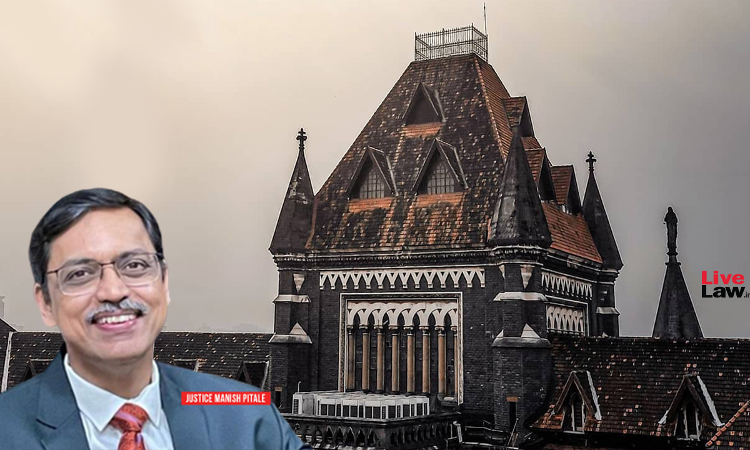The Bombay High Court has set aside an award passed pursuant to an arbitral reference made under Section 84(1) of the Multi-State Cooperative Societies Act, 2002 (MSCS Act), since the award debtor was not a member of the Co-operative Society. The bench of Justice Manish Pitale ruled that a dispute, which is not covered under Section 84 (1) of the MSCS Act, would not be capable of...

